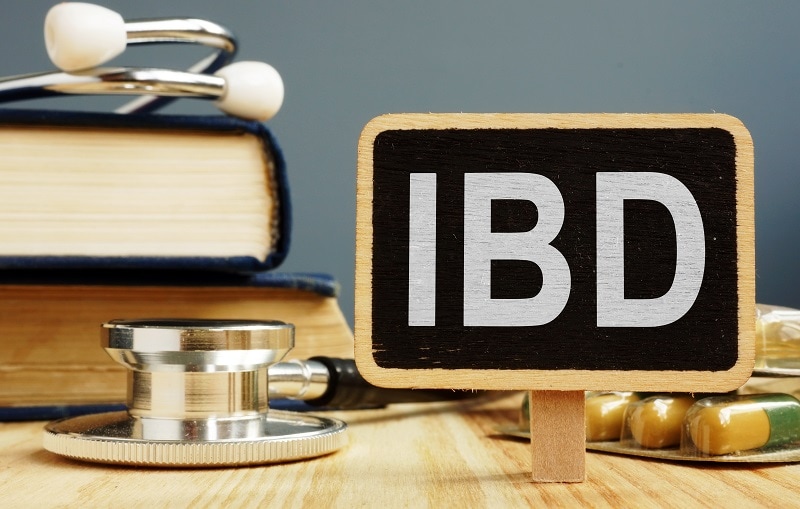World IBD Day is May 19
World IBD Day raises awareness of inflammatory bowel disease. Learn how to manage this chronic condition with proper treatment and a healthy lifestyle.

Inflammatory bowel disease (IBD) is the chronic inflammation of the digestive system, not to be confused with irritable bowel syndrome (IBS). Crohn’s disease and ulcerative colitis are the two main types of IBD. About 7 million people worldwide have IBD.1 Although it is not a common disease, an increasing number of people have been diagnosed over the last 20 years.
Stay on your medications
To control symptoms and prevent the disease from getting worse, it’s important to take medicines as prescribed by your doctor.
Some medicines can make you more likely to have infections such as the flu (influenza) or diseases such as osteoporosis. You may prevent these infections and manage these diseases by getting recommended vaccinations and regular screenings. Consider the following preventive care measures and ask your doctor about these vaccines and tests.
- COVID-19 vaccine.
- Flu vaccine.
- Other vaccines that your doctor may recommend.
- Recommended screening tests.
Besides getting preventive care, adopting a healthy lifestyle can help you manage IBD symptoms.
Adopt a healthy lifestyle
- Quit smoking if you currently smoke.
- Eat a well-balanced diet if you cannot eat well because of IBD symptoms, consider working with a dietitian.
- Reduce stress by practicing meditation or other relaxation techniques. If you feel depressed or anxious, talk with your doctor.
- Try to do at least 150 minutes a week of moderate intensity physical activity, such as walking briskly for 30 minutes 5 days a week. If you can’t meet this goal, do as much as your condition allows and avoid inactivity.
Learn more about IBD and find an IBD community and support group to get updated information and share experiences.
- GBD 2017 Inflammatory Bowel Disease Collaborators. The global, regional, and national burden of inflammatory bowel disease in 195 countries and territories, 1990–2017: a systematic analysis for the Global Burden of Disease. Lancet Gastroenterol Hepatol. 2020;5(1):17‒30. doi:10.1016/S2468-1253(19)30333-4